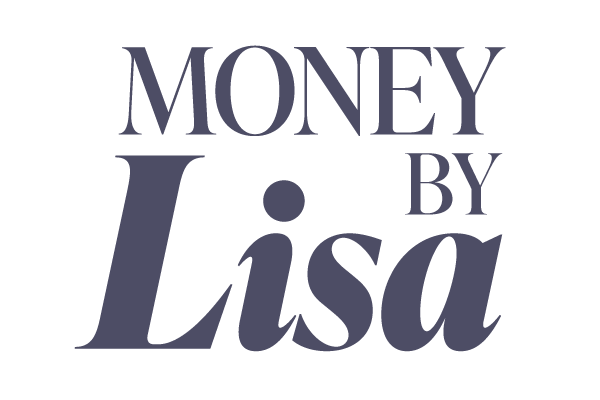You say you want a (debt) revolution. Well, you know…
On the road to becoming debt free, many people are tempted by the roadside diner called Debt Consolidation. The name can be something of a misnomer, but the general point is well understood: the exchange of high interest debt for low interest debt, and perhaps multiple monthly payments for one single payment.
The mechanics of how one would achieve such a “consolidation” or refinancing are varied. It could be via a credit card balance transfer, an unsecured personal loan, or a home equity loan. Each of these tactics has plusses and minuses and those are stories for another day. Today the question is: Are you emotionally ready to consolidate your debt?
“Huh? I have a ton of 18% credit card debt, and I would like to pay it off ASAP. Yes, of course I am ready!”
But here’s the thing: If you have not made changes in your life that address the root causes of your debt, then the scenario that is likely to play out is classic and all too typical. Flash forward a year (or even just a few months) and you have the debt consolidation loan plus a new balance on your credit card. You are even worse off than before. You weren’t ready.
You say you got a real solution. Well, you know. We'd all love to see the plan.
Before you succumb to the siren call of debt consolidation, take a test drive. Calculate a fixed amount that you are reliably and realistically able to put towards debt repayment each month. Challenge yourself, but no magical thinking allowed! Adhere to that for at least three months.
During these three months, either do not use your credit card at all, or pay off new credit card charges as and when they occur. Not weeks later when the statement arrives, but that same day. (This includes recurring subscription charges.)
After the three months have gone by, use the online loan calculator of your choice (like this one) to model how many months it would take you to pay off your debt, assuming the same monthly payment but at a lower rate. Vocalize it. Aloud, say “I will be debt free in Month 202X.” (It’s weird, I know. You can do this in the shower where no one will hear you.)
My hope is that you will now be both inspired to execute your plan and you will have inculcated new spending habits that support the success of this plan. If you are still worried about your ability to succeed, or if you have wavered at all in that fixed debt payment, then continue your practice run for another three months before moving forward with debt consolidation. As much as you might want to start paying a lower interest rate right this second, a few more months at a higher rate is a small price to pay to have confidence that you are not making a grievous error. (And to the extent that it lowers your credit card balance, you may even benefit from a lower interest rate on the debt consolidation loan as your credit score improves in the interim.)
A final note: Prioritizing debt payoff only makes sense after you have established a basic level of emergency savings. It’s just doesn’t work to power-pay your debt, only to find yourself strapped when the inevitable budget hiccup occurs. Set that monthly debt payment at a level that allows you to continue your contribution to savings if they are at all deficient.
Shout out to Paul McCartney and John Lennon for their contribution today!
(Hey, I’d love to be in touch with you regularly. My free newsletter contains this blog, as well as other articles by myself and others. Please consider subscribing by visiting the MoneyByLisa home page.)
